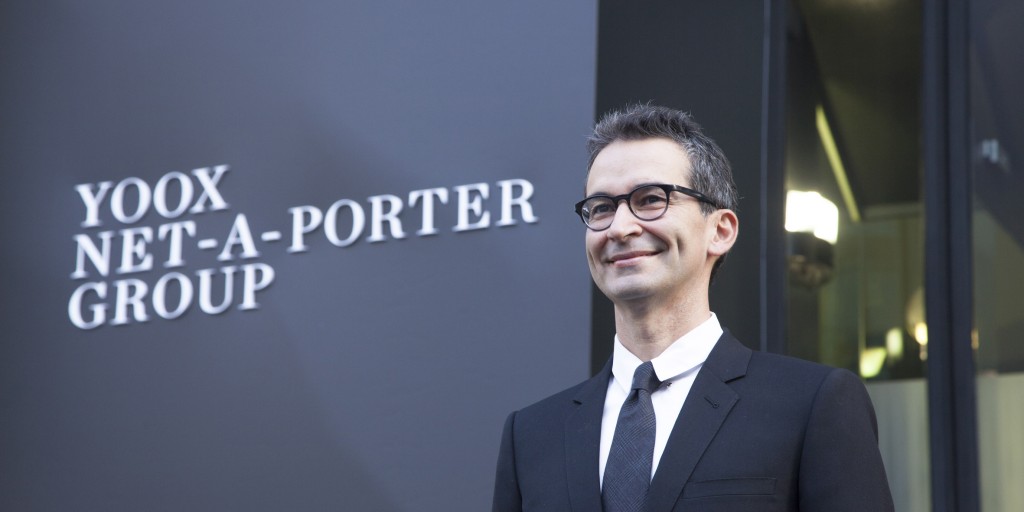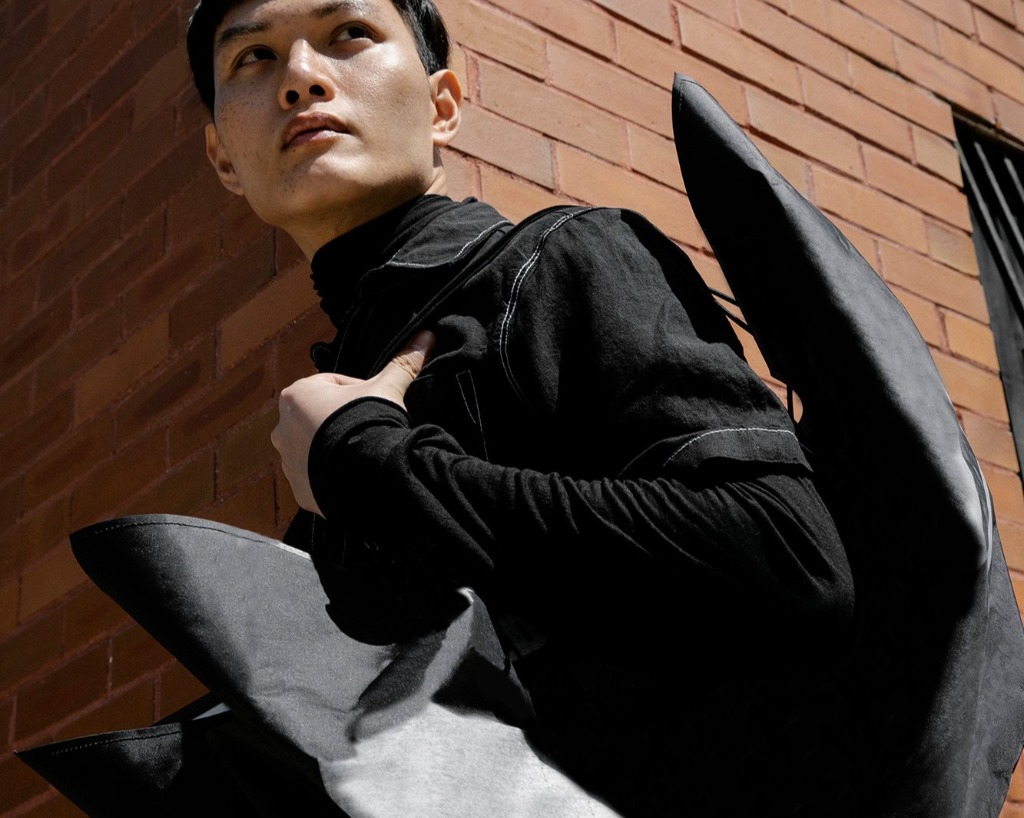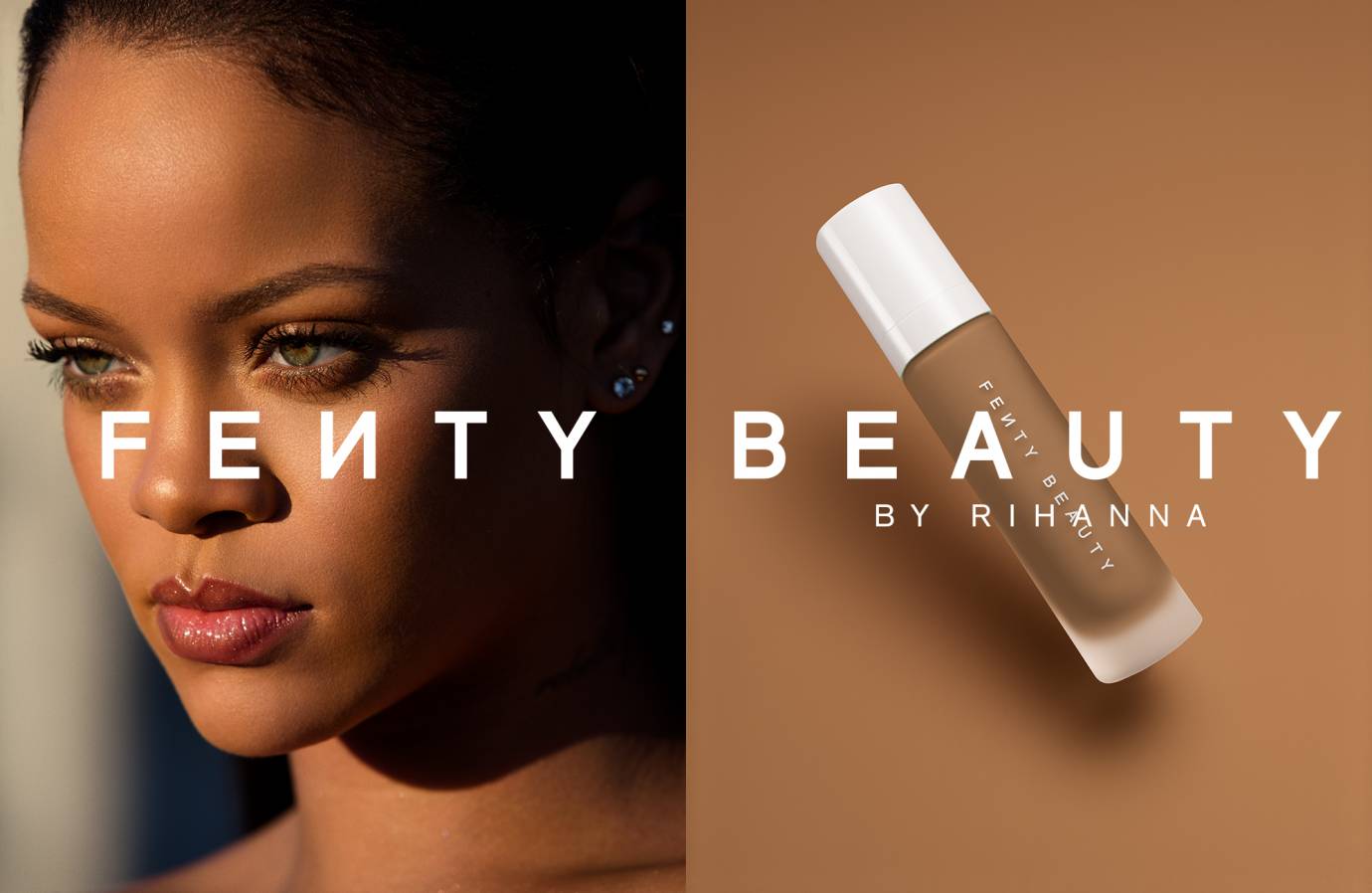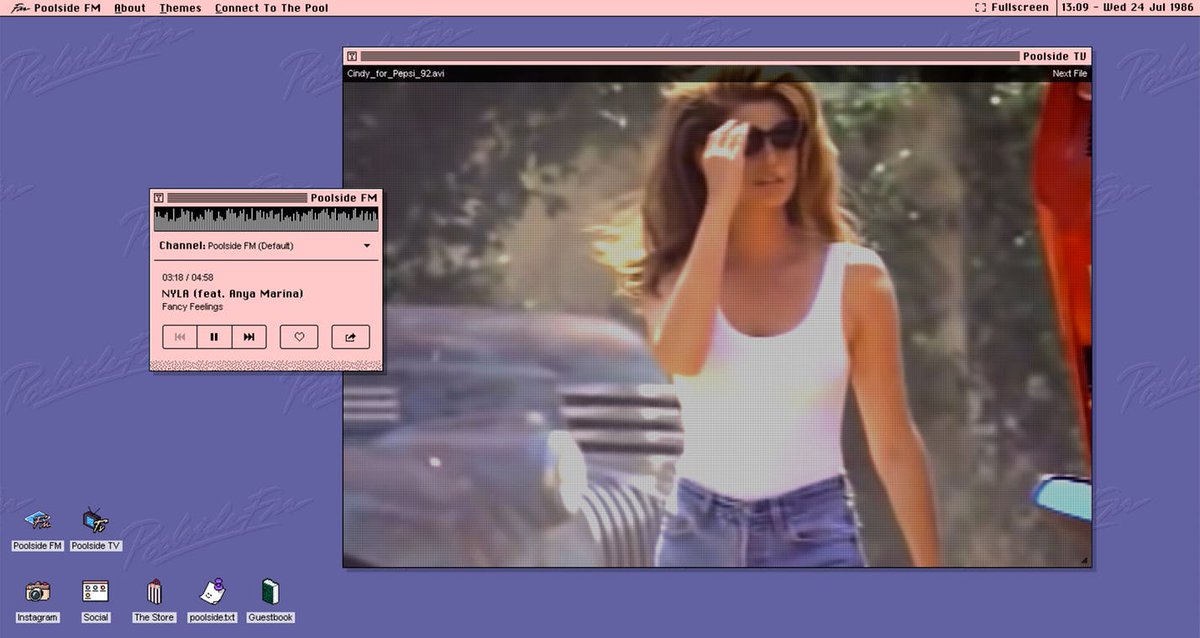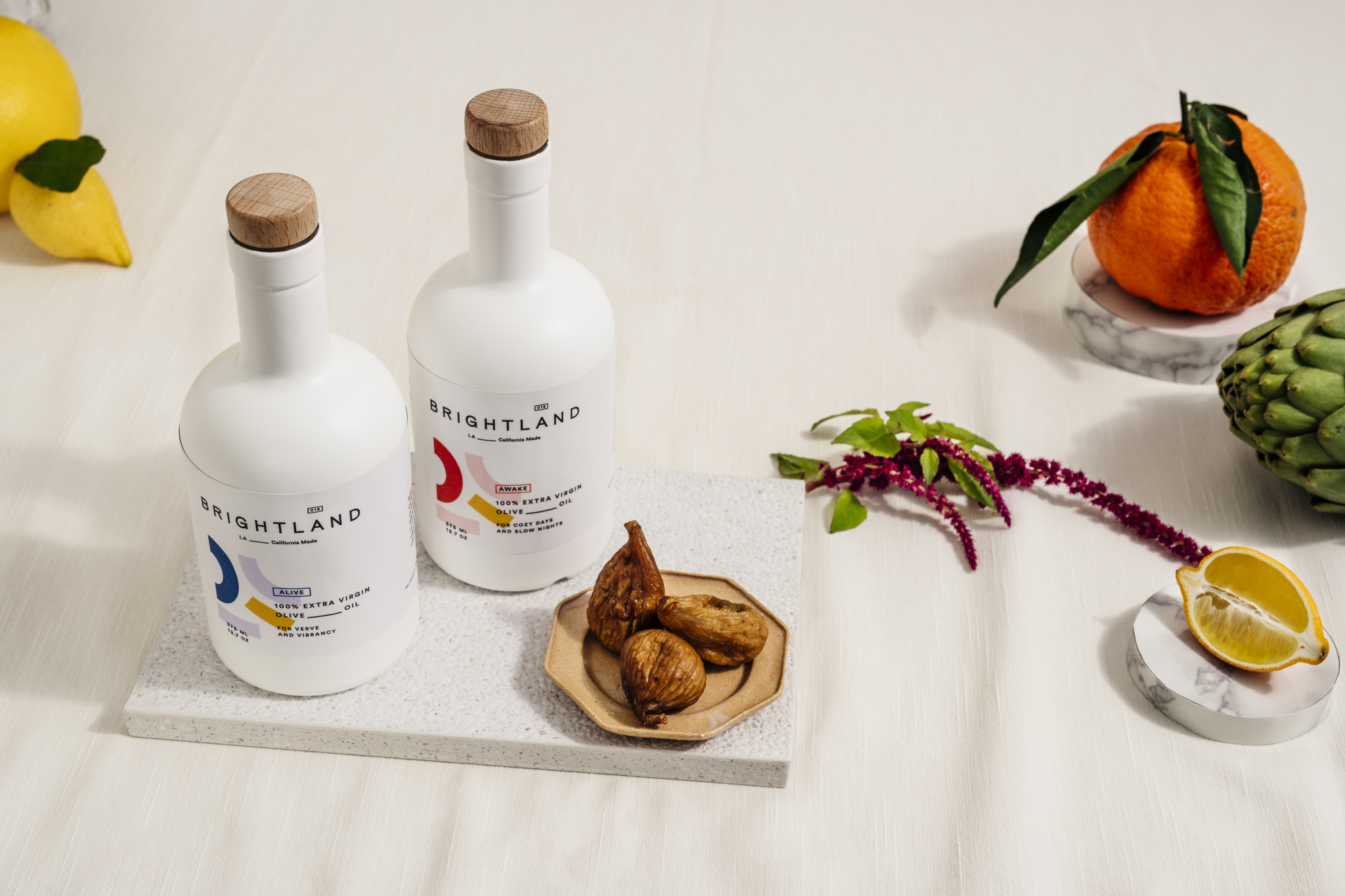LONDON — Subscriber Luca Solca, head of luxury goods research at BNP Exane Paribas, argues in a report at BoF that in a free-for-all between Yoox, Net-a-Porter, and Farfetch, it’s the latter that comes out on top.
The reasons why? As e-commerce continues to develop, as more shoppers become more comfortable with spending big online, as more brands start to open up their own online stores, and as more upstarts enter the market, things for Yoox Net-a-Porter could get very difficult, very quickly (continued below…):

“Luxury brands and consumers alike are rapidly embracing e-commerce and we see the luxury industry’s penetration of the online market doubling within the next five years.
This presents a big opportunity, but also a big challenge for the Yoox Net-a-Porter Group, the world’s largest luxury e-commerce platform following the merger of Yoox and Net-a-Porter in 2015. The company’s main banners may well have all bases covered, with Net-a-Porter serving the in-season, full price market and Yoox targeting the off-season side. But by now the big luxury brands have learned their lesson and are putting more and more resource and attention into developing their own online operations. At the same time, in such an attractive market, newcomers with new business models are bound to emerge. This is what we are seeing today.” (bolded for emphasis by us)
Yoox’s main problem: It’s essentially a clearance luxury warehouse. Their model is better than the old flash sales sites of the early 2010s (think: Gilt), but, says Luca “there is a risk that luxury brands decide to move away from the more visible online off-price channel and manage their own discounting.”
Net-a-Porter’s main problem: It’s basically an aggregator that mirrors department stores. This served brands well for some time when “when luxury goods brands knew little about online, were avoiding the channel and had little in the way of in-house capabilities.” But as brands now have the ability to handle these operations themselves, Net-a-Porter’s position — and necessity — continues to look tenuous.
Why Farfetch represents the future: For starters, it aggregates, but — crucially — holds no inventory itself. It’s essentially a consumer-facing discovery and fulfillment network for boutiques.
The advantages with this are remarkable:
- Just as good for shoppers. “For the customer, there is very little immediate difference between using the Farfetch platform and the Net-a-porter platform.”
- A wider selection. “[B]y partnering with boutiques — currently more than 400 — Farfetch is able to offer a wider selection of brands.”
- Low cost for bringing on new boutiques. “With no inventory to manage, the cost of bringing new boutiques on board is minimal, restricted essentially to image processing and data mapping.”
- A good deal for the retailers too. “For the boutiques, the advantage is incremental sales, without any risk of online cannibalisation, and potentially more customers through their doors as it is possible to collect or return goods ordered via Farfetch at its partners’ physical stores. Crucially, orders placed through Farfetch bring incremental profit at a handsome margin.”
Most encouraging note on Farfetch: “[T]he company is growing at 60 percent per year and looks to be on course to overtake Net-a-Porter as the largest online aggregator within 24 months.”
Most chilling note on Yoox NAP: “[It’s] ceding market share. . . . [and] a time when the company is having to manage its challenging merger, we fear Yoox Net-a-Porter risks being left behind by the industry’s changes.”

